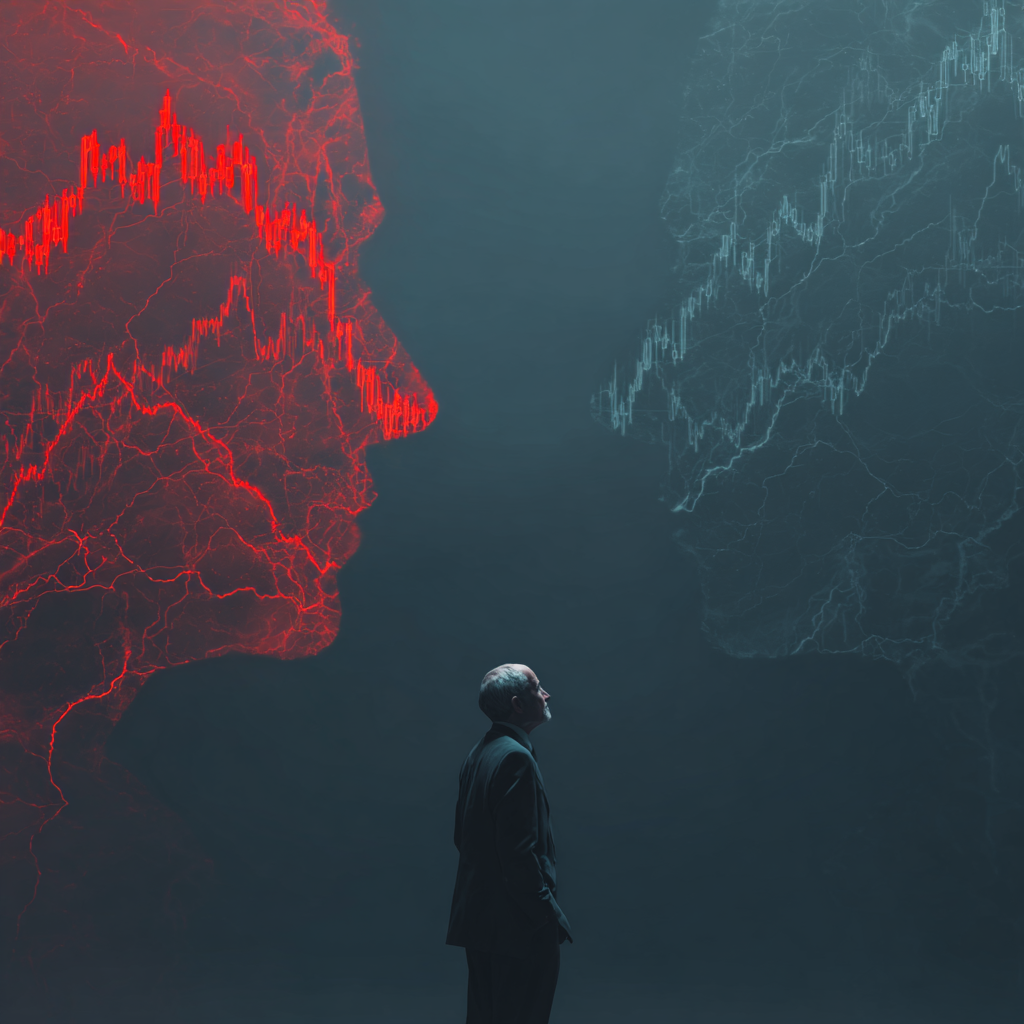
Why Psychology and Discipline Are More Important Than Any Trading Strategy
Share
Why Psychology and Discipline Are More Important Than Any Trading Strategy
When most people enter the world of trading, they obsess over finding the “perfect strategy.” They spend countless hours analyzing indicators, testing algorithms, or copying signals. But over time, the most successful traders come to realize a hard truth: discipline and psychology matter more than any single trading method.
In fact, research and real-world experience show that two traders can use the exact same system — yet one makes money consistently while the other struggles. The difference lies in mindset.
The Emotional Rollercoaster of Trading
Trading is unlike most professions. Every decision involves risk, uncertainty, and the possibility of immediate financial gain or loss. This naturally triggers strong emotions:
-
Fear of losing money can paralyze you from taking good trades.
-
Greed can push you into over-leveraging or chasing setups.
-
FOMO (Fear of Missing Out) makes you jump into trades late.
-
Revenge trading leads to reckless decisions after a loss.
These emotions often override logic. That’s why traders need more than technical skill — they need emotional mastery.
Discipline: The Real Edge
The greatest trading edge is not a secret indicator or algorithm. It’s the ability to stick to a plan — even when emotions scream at you to do the opposite.
What Discipline Looks Like in Practice:
-
Risk Management Rules – Never risking more than a set percentage of capital per trade.
-
Patience – Waiting for the setup to form instead of forcing trades.
-
Consistency – Following the same process every time, regardless of short-term results.
-
Detachment – Treating trades as probabilities, not personal wins or losses.
Discipline is what prevents a small loss from turning into a catastrophic one.
Common Psychological Pitfalls in Trading
-
Overconfidence After Wins – A streak of profits can make traders careless, taking oversized risks.
-
Loss Aversion – Traders often hold onto losing positions too long, hoping they’ll “come back.”
-
Confirmation Bias – Searching only for evidence that supports your current trade, while ignoring red flags.
-
Impatience – Jumping into trades too early because waiting feels uncomfortable.
Recognizing these patterns in yourself is the first step toward overcoming them.
How to Strengthen Your Trading Psychology
-
Keep a Journal
Document every trade — not just entry and exit, but also your emotional state. Over time, patterns will emerge that reveal your psychological weaknesses. -
Set Process Goals, Not Just Profit Goals
Focus on following your trading rules each day, not on how much you made. This shifts your attention to consistency instead of outcome. -
Use Checklists
Pilots and surgeons rely on checklists to avoid mistakes. Traders should too. A pre-trade checklist reduces emotional decisions. -
Practice Mindfulness
Techniques like meditation, breathing exercises, or even a short walk can help you reset during volatile sessions. -
Limit Screen Time
Constantly staring at charts fuels overtrading. Sometimes the best trade is no trade.
Final Thoughts
Trading is often described as a battle with the market. But in reality, the toughest battle is with yourself. Strategies, tools, and systems all matter — but without the discipline to follow them and the psychology to stay balanced, they won’t work.
The traders who last in this business are not those who avoid losses completely, but those who control their emotions, manage risk, and maintain discipline through both wins and losses.
So the next time you think about improving your trading, don’t just look for the next strategy. Ask yourself: How can I strengthen my mindset? Because in the end, your psychology is your most valuable asset.